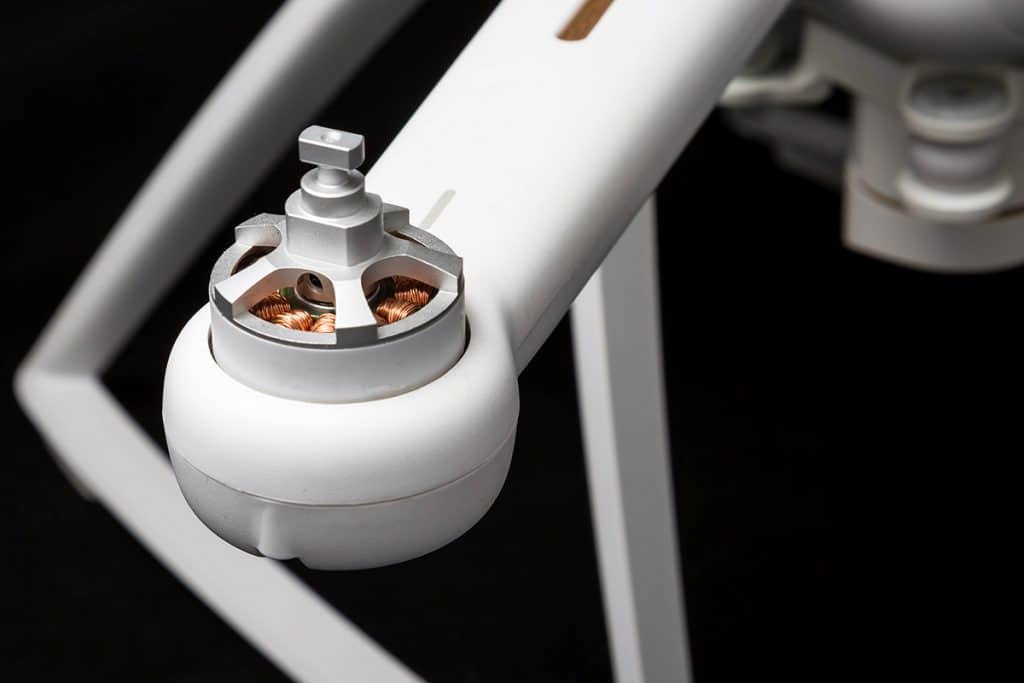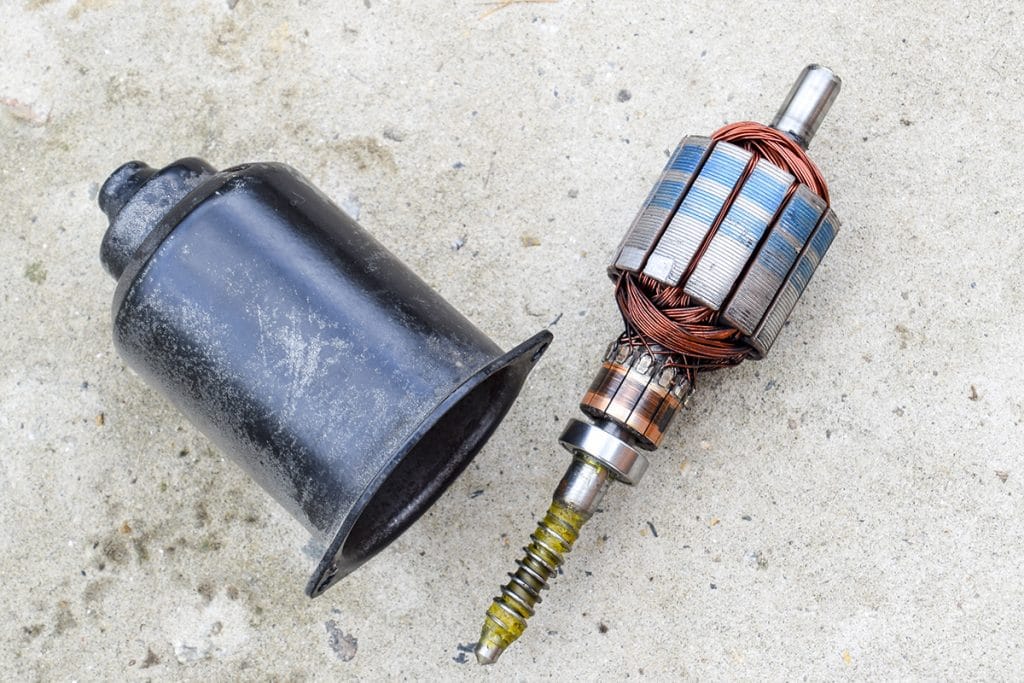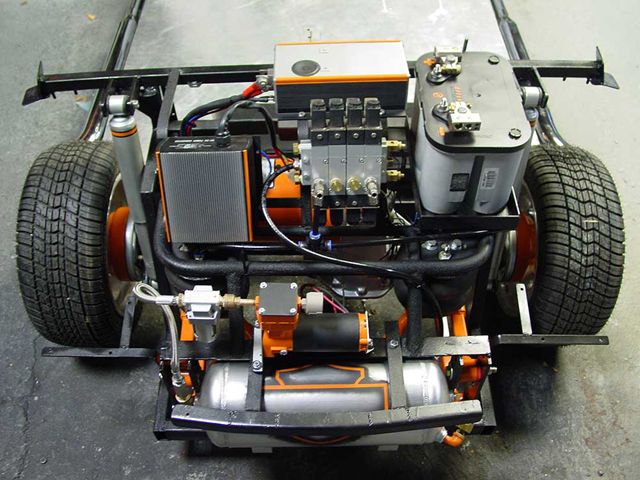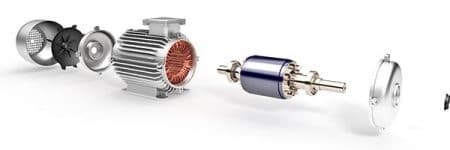Permanent Magnet Motors Providing Key Benefits
By Paul Fears | 15 February 2021
Permanent magnet motors are electric motors using permanent magnets in addition to windings. Such motor designs are more efficient than induction motors or motors with field windings for certain high-efficiency applications such as electric vehicles and small electric motors such as found on drones and in car windshield wipers.

Both AC and DC motors benefit from the technology. The type of permanent magnet used in this design of motor includes Ceramic Ferrite, ALNICO and Rare Earth Magnets such as Neodymium Iron Boron (NeFeB) and Samarium Cobalt. Magnet selection is based on the application with the strongest NeFeB magnets ideally suited for applications with limited space, such as medical and aerospace, and Ceramic Ferrite adopted for more cost-sensitive volume applications, such as automotive.
- Technical Product Information: Magnets for Motors
Presently, Ceramic Ferrite is the most commonly used magnet in permanent magnet motors (by weight), although the strength and size benefits of NeFeB are driving an increased demand.
Benefits of Permanent Magnet Motors

The are many design benefits when using permanent magnets in a motor. These include:
- Permanent magnets produce a consistent, steady magnetic field;
- Such magnets require no energy input;
- Permanent magnets generate a significant improvement in torque when compared to standard synchronous motors;
- They are both lightweight and compact, meaning less installation space while maintaining high power;
- Permanent magnet motors deliver improved performance when compared with other motors, and over a wide temperature range;
- They are regarded as an environmentally-friendly option due to their oil-free and emissions-free design;
Permanent Magnet Motors in Electric Vehicles
The benefits of permanent magnet motors are of particular interest to manufacturers of electric vehicles. The increased efficiency, when compared with induction motors and motors with field windings, is ideal for high-efficiency applications.

Konstantinos Laskaris, the Chief Motor Designer at electric car manufacturer Tesla stated, “For the specification of the performance and efficiency, the permanent magnet machine better solved our cost minimization function, and it was optimal for the range and performance target.”
Custom Magnets for AC and DC Permanent Magnet Motors
The design and manufacture of electric vehicles is one of many applications where permanent magnet rotors offer important design and operating benefits. Permanent magnet AC motors feature a simplified rotor that enables higher efficiency with small torque loads, and high-speed capabilities. Such AC motors are used in pumps, fans, blowers, grinders, mixers, and conveyors.
Permanent magnet DC motors are also extremely efficient, utlising a compact magnet suitable for small applications whilst being highly cost-efficient. Permanent magnet DC motors are found in computer drives, household electrical items (e.g. electric toothbrushes and vacuum cleaners), vehicles (e.g. windshield wipers and heater blowers), and electric tools (e.g. drills and hedge trimmers). The list of applications is extensive and continues to grow.

Getting the Design Right
The growing popularity of permanent magnet motors as a dependable, durable, affordable motor choice is driving further development. Bunting design engineers work closely with companies in the automotive, aerospace, and electronics industries to maximise the benefits of permanent magnet motors for specific applications.
Related Technical Article
Magnet and Magnet Assembly Design
Bunting designs and manufactures a wide range of magnets and magnetic assemblies. Many are bespoke for specific applications. For further information on any of the products mentioned in this article, or for bespoke magnet assemblies and magnet designs, please contact us via:
Phone: +44 (0) 1442 875081
Email: sales.berkhamsted@buntingmagnetics.com
Via Bunting-eMagnets for online purchase of Magnets and Magnetic Technology
Follow us for all our latest news on Social Media



